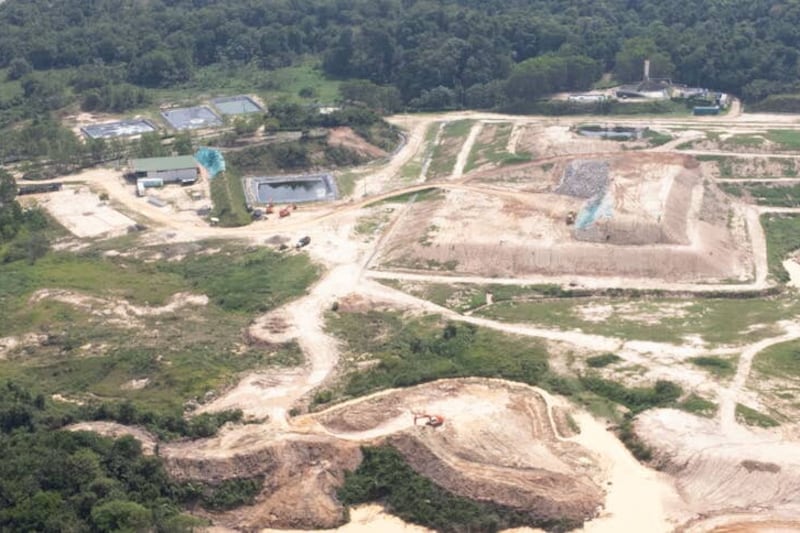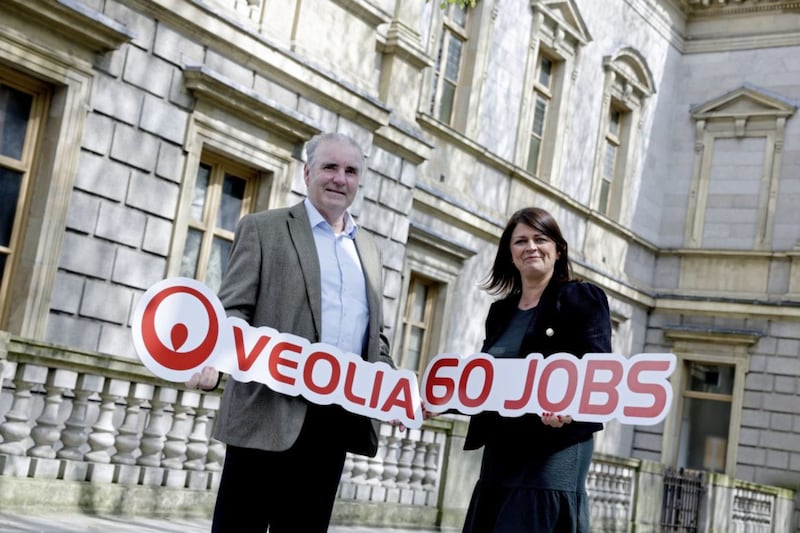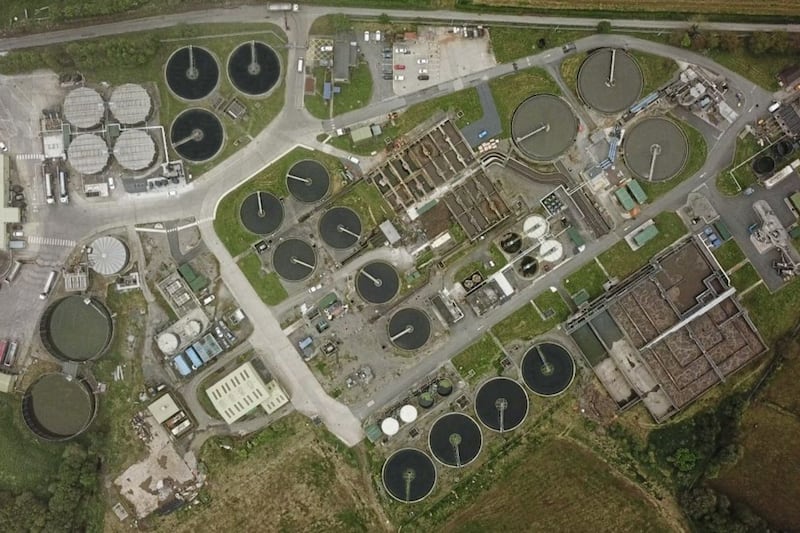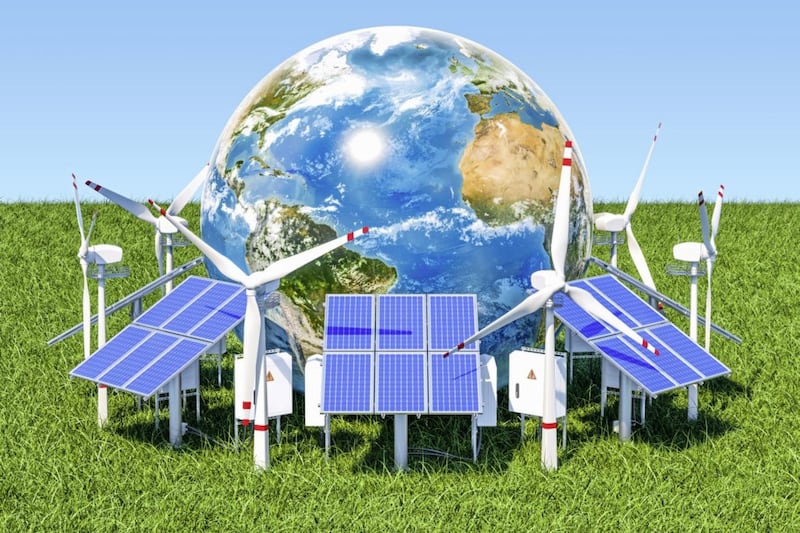ANYONE in the corporate world will probably admit that after years of talk about disruption and innovation, our working lives right now feel like they could be on the cusp of transformation beyond recognition. As consumers, we have become used to digital applications that have, largely, made our lives easier but when it comes to our livelihoods we are, understandably, a bit more concerned.
At the recent NI Chamber of Commerce conference there was a strong focus on the future of work, including the introduction of artificial intelligence (AI). This follows research from IT experts Fujitsu which highlighted that only 11 per cent of businesses have a strategy in place to understand and manage the impacts of AI and sounded the importance of getting this right. In a time of great global uncertainty though, it can be seen as just another thing to worry about. The real challenge is knowing what to prioritise.
Much of our time at Veolia is spent on preparing organisations, and by extension entire regions, for the challenges ahead. We employ almost 700 people in Ireland focused on bespoke energy, water and waste solutions that enable customer ease and asset resilience.
We are working with NI Water to turn costly waste into green product that can potentially be re-used across our agriculture and construction sectors. Advanced technology in Northern Ireland not only benefits businesses that are part of this circular economy, but also helps reduce our impact on the environment.
As the population of Northern Ireland is set to reach two million by 2040 (out of eight billion globally), we will not be immune from the need to do more with less. This population growth, along with the relentless advance of technology were the key global trends identified in our ‘Imagine 2050’ report published earlier this year. While we will all face greater pressure on resources, higher Co2 emissions and the fundamental need for more food, we see significant opportunity for Northern Ireland within this.
For example, the food and beverage sector, which employs almost 40,000 people locally, is future-proofing the industry with initiatives that include converting waste and by-products to become resources like soil-enriching fertiliser for farmers.
Firms are also becoming entirely self-sufficient for energy – harnessing green power to take pressure off the national grid (even on occasion powering local communities, too) and finally ensuring waste water is recycled within the plant for ongoing use. These local innovations resonate globally and will help keep our businesses at the top of their respective international trees.
As technology drives indigenous innovation in one sector, Northern Ireland is also ideally placed to harness the latest global developments to its advantage. With a young, well-educated workforce and a proven nimbleness in manufacturing over many years, this region can embrace new technologies like 3D printing and nanotechnology which will allow production facilities to become more flexible in their offering and significantly cheaper to retool and change output according to market demand.
The successful investments by firms like Citi and Randox along with the remarkable innovation hub at Titanic Quarter help cement Belfast’s reputation as one of the leading city-regions in the world. It is an exciting time for Northern Ireland and an opportunity for many of our industries to realise the potential.
The challenges we face are global ones but with some smart thinking, and the right decisions we can help realise the distinct benefits at a local level.
:: Sinead Patton is regional director and chief finance & commercial officer at Veolia







